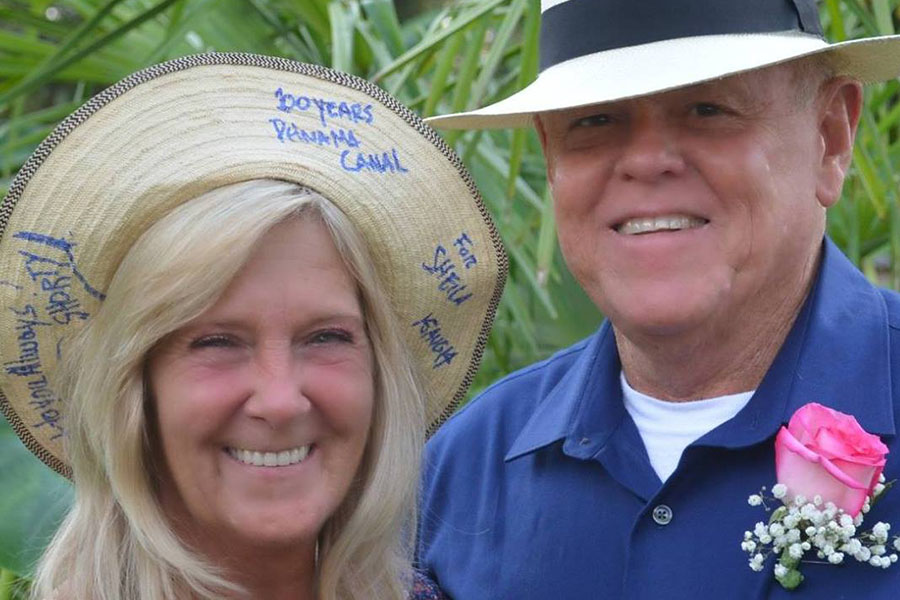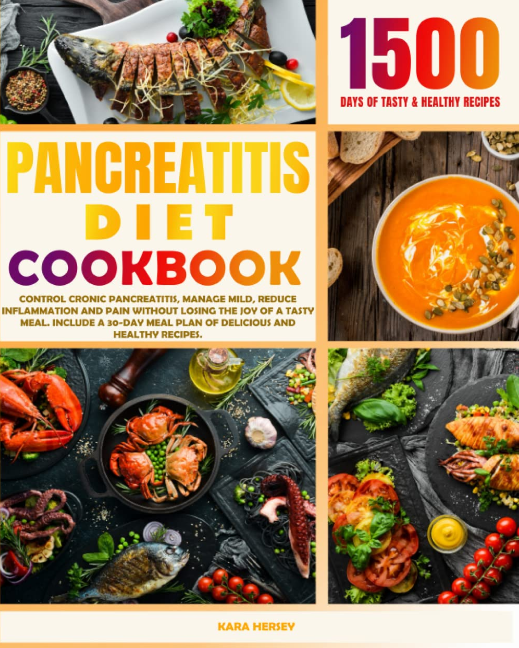
ALLEN COTTON
A Story of Faith, Self-Advocacy & Overcoming the Odds
Written By Julia Brabant
April 2020
Diagnosed: 2010
Status: Still Cancer-Free
“When they sent me in for surgery, they told me I may not come back out.”
It’s a statement many pancreatic cancer patients have heard before, but that didn’t make it any easier for Allen Cotton to digest right before undergoing the Whipple procedure, one of the most technical and invasive surgical procedures out there.
The operation involves removing the head of the pancreas, a portion of the small intestine, the gallbladder and the bile duct, and it is common among patients who, like Allen, have received pancreatic cancer diagnoses. Allen’s diagnosis came as a complete surprise, and while no one would ever consider such a diagnosis a blessing, the fact that he was able to catch it and treat it early on wound up being exactly that.
No stranger to sinus infections, he’d battled a pretty serious one every five years or so throughout his life. So, when his symptoms came back with a vengeance in 2010 and a severe, nagging cough came with them, he decided it was time to seek medical attention. His doctor in Alabama thought it might be bronchitis, but when Allen had a chest X-ray to rule out pneumonia, physicians identified spots on Allen’s lungs that warranted a cat scan.
A subsequent meeting with an oncologist revealed that what Allen had, in fact, was pancreatic cancer.
“Cancer is rampant in my family,” he said, noting that his diagnosis shouldn’t have come as a complete surprise given that his mother, father, sister and brother had all had various forms of the disease. “Still, though – you go in with a cold, and you come out with pancreatic cancer.”
Things tend to move quickly after an advanced pancreatic cancer diagnosis. Once Allen found out he had to have the Whipple procedure, he quickly became his own advocate, researching pancreatic cancer treatment facilities and specialists to get a better sense of his options. Ultimately, he decided to seek treatment at Johns Hopkins Hospital in Baltimore, Maryland, and when he got there, doctors had two critical health issues to address.
First, he had his swollen pancreas. Second, he had a large tumor on his left kidney that required a laparoscopic procedure. Wanting to condense his pain and suffering as much as possible, he urged doctors to move forward with both surgeries right away. Ultimately, they did just that, performing both the laparoscopic kidney procedure and the Whipple procedure within the same day.
“At this point, I told Jesus ‘It’s in your hands,” Allen said, reflecting on his final moments in his wheelchair as hospital staff wheeled him toward the operating room. “And at that moment, all my fear was gone.”
It wasn’t that he felt a warm hand or saw an immediate sign from above that things would end up OK – instead, it was like a sudden, inexplicable sense of calm and acceptance came over him, and all the fears he’d carried with him up until that point simply evaporated.
About five or six days after his procedures, Allen had weaned off the medications enough to understand his doctors when they told him they’d completely removed his cancer. Not only that, but he was the only patient on the entire pancreatic cancer floor they believed would survive.
“I’d started walking laps around Johns Hopkins as part of recovery – my sleep schedule was all messed up, so I’d do three or four laps late at night or early in the morning,” Allen said. “The night they told me that, I walked 75 laps.”
Now, 10 years after his initial diagnosis, Allen lives happily alongside his wife, whom he credits as his strength. He’s remained pancreatic cancer-free in the weeks, months and years since his 2010 procedures, although he did have skin cancer, leading to seven separate surgeries. He also received a late-in-life diabetes diagnosis, which is common among pancreatic cancer patients and in some cases, a precursor to a pancreatic cancer diagnosis. And while life has largely returned to the way it was before – he’s active on the farm where he and his wife live, doing everything from clearing trees to chasing grandkids – he does recognize his own limitations and takes time to rest accordingly.
He also acknowledges the role a higher power might have played in it all. For starters, he’d had that serendipitous experience on the way into his surgery. Then, he found out that his doctor in Alabama, a veteran-turned physician who had urged him to seek the answers that led to his early diagnosis, had previously been the sole survivor in a Vietnam ambush that claimed the lives of everyone else involved.
“Trust in God,” he said, offering up words of wisdom for others facing similar diagnoses. “A lot of prayers were said on my behalf. And don’t fool around – with pancreatic cancer, once it starts to present itself, it’s often too late. Do what you have to do to get rid of it as fast as you possibly can.”
Allen also stressed the power of staying active. “Don’t give up; don’t let cancer win,” he said. “When you feel good, get up and move, and when you don’t feel good, get up and do all that you can. Attitude and Jesus will carry you through.”




Awesome!